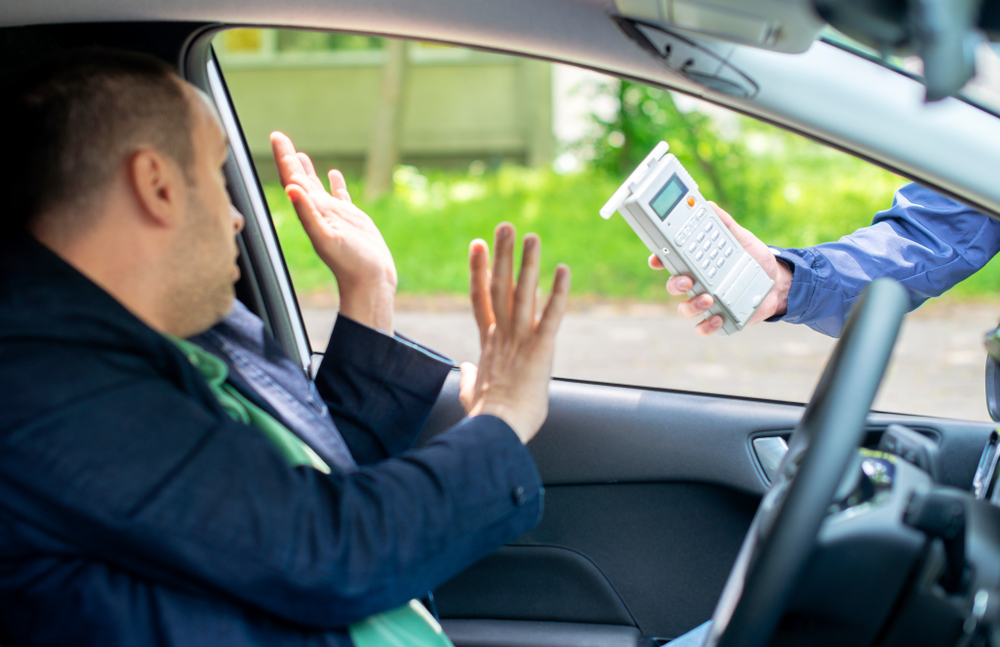Pennsylvania follows an implied consent law for motorists suspected of driving under the influence (DUI). Under 75 Pa. C.S.A. § 1547, anyone operating a motor vehicle in the state is subject to a breath or blood test when an officer has reasonable suspicion of intoxication. This law is important to remember when considering whether you should submit to a breathalyzer or blood test when arrested after a suspected DUI.
Refusing a chemical sobriety test can have serious consequences, especially if you are later convicted or plead guilty to the DUI charges. In fact, your refusal can result in penalties associated with the highest blood alcohol content (BAC) levels, as the Pennsylvania Department of Transportation (PennDOT) describes. If you are facing DUI charges and/or penalties for refusing a blood or breath test, our firm can represent you.
Consequences of Refusing a Breathalyzer or Blood Test in Pennsylvania
It’s crucial not to refuse a chemical sobriety test without considering the consequences. While doing so may work out for your legal case in the long term, it has immediate penalties. Namely, the officer who pulled you over can initiate an automatic license suspension. This penalty is outlined in 75 Pa. C.S.A. § 1547(b), as follows:
- 12-month suspension with no prior DUI history
- 18-month suspension with prior DUI-related suspensions or convictions
License suspension is significant for several reasons. Most noticeably, it interferes with your driving privileges for a year or more. Moreover, restoring a suspended Pennsylvania driver’s license can cost you between $500 and $2,000. It’s possible to appeal this license suspension later, but these efforts are not always successful.
Penalties If You Are Subsequently Convicted or Plead Guilty to DUI Charges
Even if you refuse to take a blood or breath test post-arrest, your DUI charges will likely go forward. Without these test results, the arresting officer and prosecution will have to present other evidence that suggests you were driving while impaired, such as:
- Video footage
- Witness testimony
- An accident report if a collision occurred
If you end up pleading guilty to the charges due to such evidence – or if the case results in your conviction – you face some of the harshest consequences for this type of offense. The following chart illustrates the possible penalties as outlined in 75 Pa. C.S.A. § 3804(c).
| First offense |
|
| Second offense |
|
| Third or subsequent offense |
|
Understanding Your Rights When Pulled Over for Driving Under the Influence
It’s important to understand your rights during a DUI traffic stop, especially if you refuse to submit to a breathalyzer or blood test when arrested on suspected DUI. While the law mandates that you submit to blood or breath testing, there are specific procedures that the arresting officer must follow if you refuse.
Besides reading your Miranda rights to you, officers are required to issue an O’Connell warning. This warning informs you of the consequences you face upon refusal of a blood or breathalyzer test. It also explains that your right to an attorney does not extend to this request for chemical testing. In other words, you cannot consult with an attorney before deciding whether to take a breathalyzer or blood test. You must weigh the pros and cons and make this decision on your own.
Proof of law enforcement’s failure to inform you of these circumstances could support an appeal of your initial license suspension, which our firm could assist you with, in addition to your DUI charges.
How We Build Your DUI Defense
Refusing a breathalyzer or blood test can deprive the prosecution of crucial evidence against you in your DUI case. However, doing so is not always necessary to have such charges dropped, dismissed, or reduced. Our firm helps clients fight DUI charges through various means, even if they submitted to a chemical sobriety test.
When we represent you, our DUI attorney may be able to:
- Call the validity of the tests into question, suggesting that the testing instruments were incorrectly calibrated.
- Argue that the tests were conducted illegally if the officer did not have probable cause to pull you over
- Prove that the arresting officer did not read your Miranda rights or O’Connell warning
These are just a few of the defenses our team could construct in your case. We can discuss your legal options after a free, confidential case assessment.
Learn How a DUI Attorney Can Help You During a Free Consultation Today
If you or your loved one faces charges of driving under the influence, our DUI attorney can help. If you refused the breathalyzer or blood test, we understand the risk you face and will not take this lightly. Even if you submitted to testing, we can take steps to build your defense and fight to dismantle the prosecution’s case.
Get a complimentary consultation with one of our legal professionals. Call any time—we are standing by 24/7. Contact McKenzie Law Firm, P.C., in Montgomery County, PA, at (610) 991-7219.



